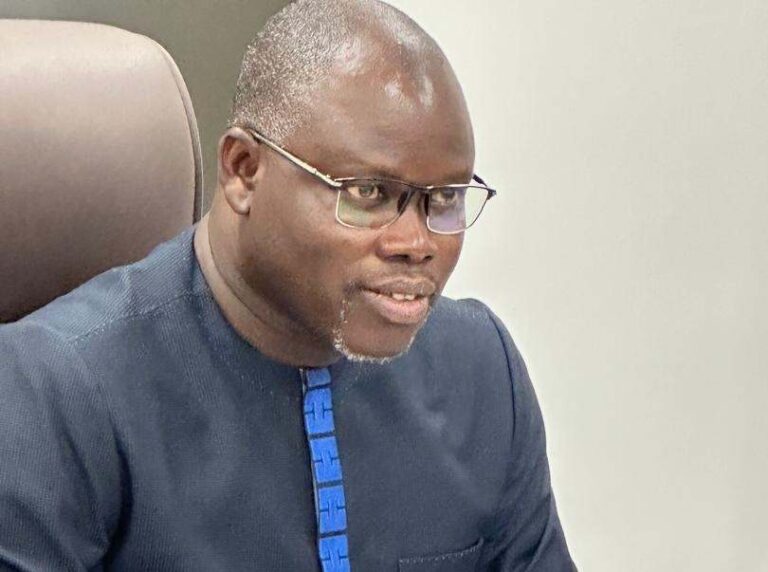As guest on the national radio morning show on Monday, October 7, Birame Sene, Director General of Elections at the Ministry of the Interior and Public Security of Senegal, detailed the progress of preparations for the early legislative elections, scheduled for November 17, 2024.
The magistrate first noted the importance of the different stages of the electoral process, recalling that “the election is a process” that requires several actions before the big day.
Birame Sene explained that the establishment of a commission dedicated to receiving application files was a key moment in this process. This commission, headed by Divisional Commissioner Abdou Aziz Sarr, Director of Electoral Operations, is composed of agents from the General Directorate of Elections, the Directorate of File Automation and the National Autonomous Electoral Commission (CENA).
“This commission worked in an atmosphere of serenity and total transparency,” he assured.
Mr. Sène indicated that the process began with the notification of the names of coalitions and entities bringing together independent candidates, followed by a draw to determine the order in which the applications were submitted. “50 coalitions and entities notified their names, and 46 political parties participated in the draw,” he
specified.
However, when the files were submitted, several candidates saw their applications rejected for various reasons, including ineligibility or non-compliant documents. Birame Sene explained the admissibility criteria, such as the verification of administrative documents (identity card, birth certificate, criminal record), compliance with
parity and compliance with deadlines. He also praised the speed of some representatives in regularizing their files after being notified of the defects. “We even had a case of foreclosure, where a candidate filed late,” he said.
The Director General of Elections also responded to the controversy over the size of the ballot papers. Some media had mentioned that the ministry had imposed a reduced format for these ballot papers. Birame Sene denied this information, specifying that the format of the ballot papers is governed by Article L-58 of the Electoral Code.
“We have never imposed a format, this is clearly defined in the law,” he said.
He also recalled that a proposal to switch to a reduced format was made by a member of civil society for economic and practical reasons, in particular to facilitate the printing of ballots and speed up the voting process.
According to him, this option could allow the state to save nearly 8 billion CFA francs. However, he specified that the final decision will be taken after consultation with the representatives of the coalitions, ensuring that the state will assume all its responsibilities.
Regarding the delivery of electoral materials, Birame Sene reassured the public: “All the heavy equipment, such as ballot boxes and polling booths, was delivered two weeks ago to the 13 regions of Senegal, with the exception of Dakar, which will be served in the coming days.”
He specified that the printing of ballots is pending the final lists of candidates, which will be known after the publication of the provisional candidacies. Despite the anticipation of this election, Birame Sene was optimistic about respecting the electoral calendar.
“The state of Senegal has taken all the measures to guarantee a transparent and peaceful election,” he concluded.
On September 12, Senegalese President Bassirou Diomaye Faye dissolved the National Assembly, setting the date of the legislative elections as November 17.
AC/Sf/fss/as/APA


